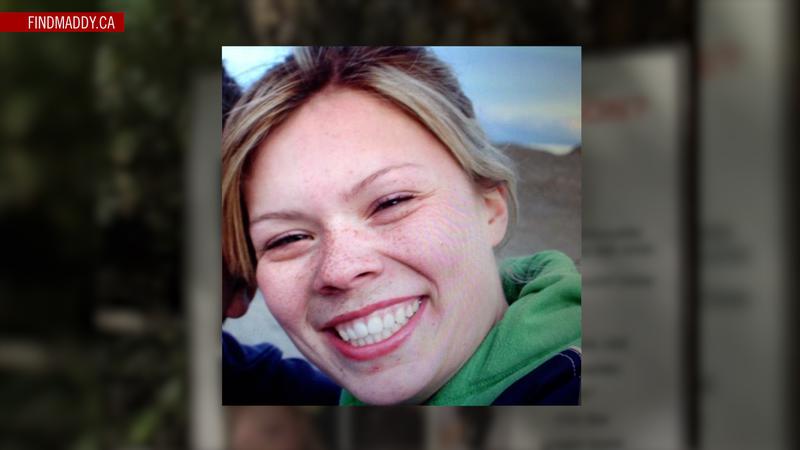
Historic cases very complex to piece together, forensics remain key tool
PRINCE GEORGE — As time continues to pass since the discovery of Madison Scott’s remains southeast of Vanderhoof details remain slim.
RCMP have not released any further details about the discovery, or additional impacts on the case as a whole. The lead of BC’s major crimes unit agreed to speak generally about major crimes on Friday and what goes into solving a historic case, including special challenges for high-profile incidents.
“Solving a historic case involves a very systematic review of existing evidence and information. Not at all looking at fault of previous investigators, but maybe looking at, you know, new technology or new witnesses that may have emerged and then we review current tips that are coming in,” said Supt. Sanjay Wijayakoon of BC RCMP Major Crimes.
